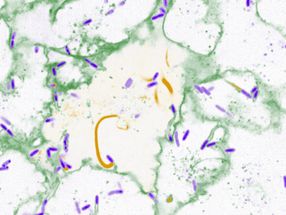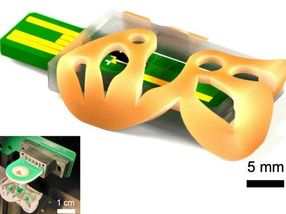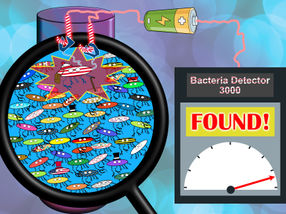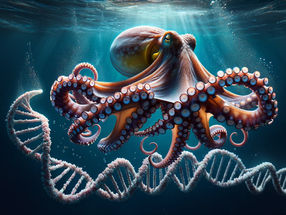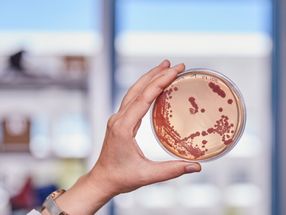Can an artificial nose detect food spoilage?
Researchers have developed an energy-efficient computing-based chip with smell-sensing units that can detect food spoilage and provides real-time conditions continuously throughout the spoilage process. The system is described in a study published in Advanced Science.
Other electronic noses, or artificial olfactory systems (AOSs), have been developed in the past, but they have numerous limitations, including high energy consumption, time delays, and data loss.
The AOS developed in this study requires little energy and integrates sensing and computing units on the same chip. It detects food spoilage by employing thin zinc oxide films that sense even very low levels of hydrogen sulfide and ammonia gases, which are high-protein food spoilage markers.
When investigators tested it during the spoilage process of chicken tenderloin, the system continuously tracked freshness scores and food conditions over time. The platform could be used for various applications by adjusting the gas-sensing materials and other parameters.
“Our artificial olfactory system is extremely energy- and area-efficient since the sensing and processing units are integrated and operate concurrently like a biological olfactory system,” said corresponding author Jong-Ho Lee, PhD, of Seoul National University.
Original publication
Most read news
Original publication
Gyuweon Jung, Jaehyeon Kim, Seongbin Hong, Hunhee Shin, Yujeong Jeong, Wonjun Shin, Dongseok Kwon, Woo Young Choi, Jong‐Ho Lee; "Energy Efficient Artificial Olfactory System with Integrated Sensing and Computing Capabilities for Food Spoilage Detection"; Advanced Science, 2023-8-31
Organizations
Other news from the department science

Get the analytics and lab tech industry in your inbox
From now on, don't miss a thing: Our newsletter for analytics and lab technology brings you up to date every Tuesday. The latest industry news, product highlights and innovations - compact and easy to understand in your inbox. Researched by us so you don't have to.





